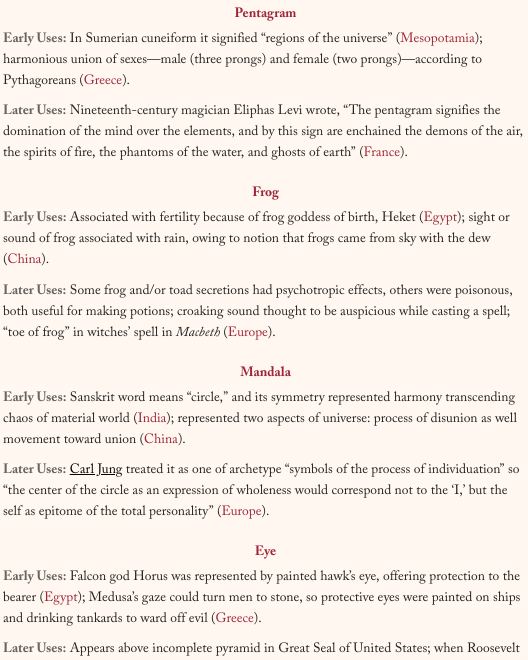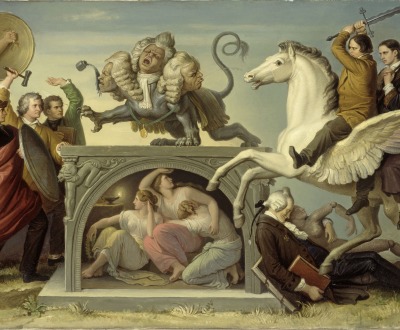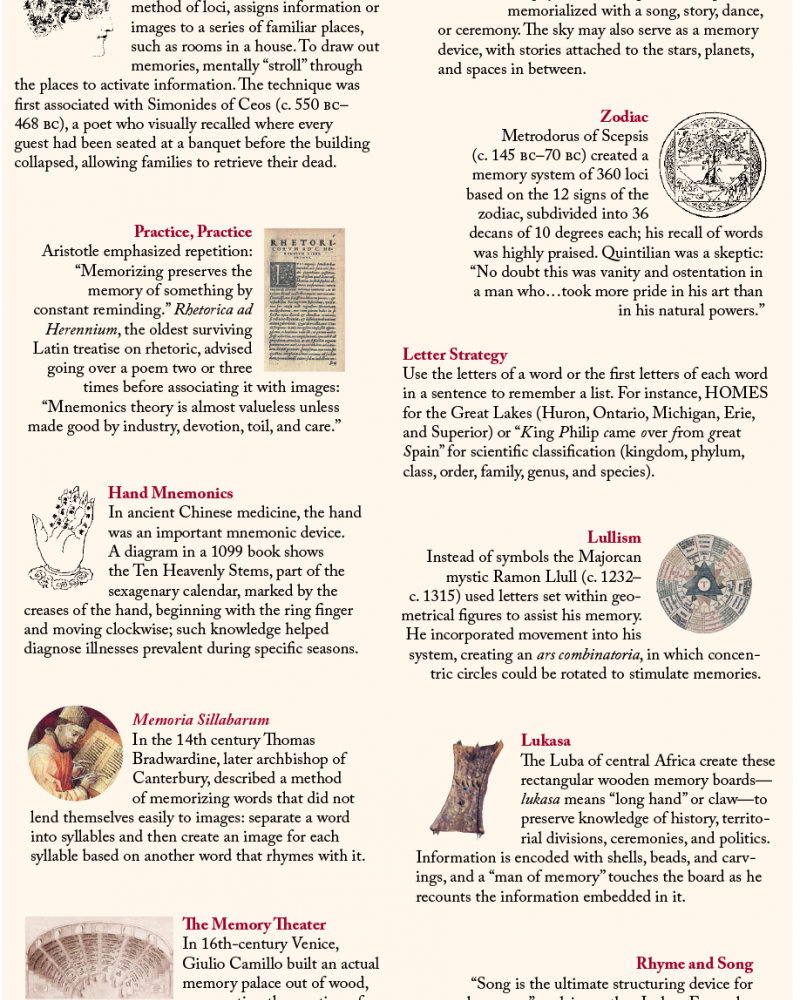Miscellany
Before leaving his post as Qi chancellor in 193 bc, Cao Can gave advice to his successor: “If you stir up the markets and empty out the jails, then evil men will have no place to stay and will make trouble for you elsewhere.” A footnote in the English text from translator Burton Watson explains: “It was an assumption among Han officials and intellectuals that most, if not all, men engaged in trade were swindlers.”




